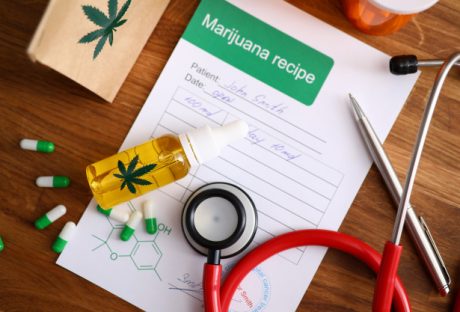Vapes have been around for over a decade now, being supplied by various companies such as VIP. There has been much debate of late about vaping, and where it should be allowed. Currently, many workplaces and businesses treat vaping the same as smoking and thus do not allow it indoors at all.
Given that vaping is said to be far less harmful than tobacco smoke, it is seen as an effective way of helping smokers to quit, and almost as a medical tool for doing so. As such, there have been developments in the political sphere regarding vaping indoors, so here are some of the legal considerations around vaping in the workplace.
Government Policy
The government has recently issued a set of guidelines for employers and organizations regarding vaping in the workplace. In these, they state that vaping should be treated completely differently to smoking, given that it is far less dangerous and could even be beneficial to those trying to quit.
They acknowledge that different workplaces will have different policies in place given that there are different operational risks (between a factory and a school, for example) and that each workplace should put an informed policy in place which is based on the risks posed to the likes of bystanders, staff, and children.
Which Considerations Must Govern Policy?
As such, it is currently legal to smoke in the workplace, so long as the employer allows it in their policy. The onus is now on employers, rather than the law, to decide whether it is safe to vape, but this means that each employer should still make essential considerations before allowing it.
They must, for instance, consider the safety of each employee, and ensure that any smoke emitted from a vape does not hamper this. In a place that requires excellent visibility at all times (a plane cockpit, for instance), allowing vaping would most likely be a bad idea, whereas in a wide-open space like a factory vaping would most likely be harmless.
Customers/Clients
Whilst it may not be a legal consideration as such, companies and organizations should also think about the effect vaping may have on the customers/clients which they deal with on a daily basis, and whether vaping may be harmful to their health or overall experience of the business organization.
It is likely that, if employers allow vaping, it will be in areas in which customers do not go, or in which vape smoke will have minimal impact on their experience. In the highly unlikely event of a customer having an asthma attack, because of vape smoke (for example), it is possible that legal action could be taken against the employer, which would not only damage their profits but also their reputation.
So, although employers should carefully consider the use of vapes in the workplace, attitudes towards vapes themselves are changing, and it is likely that they will be much more widely accepted in the years to come. With laws having been relaxed, it could well be the case that the majority of workplaces will allow vaping in the near future.
Read Also :






















